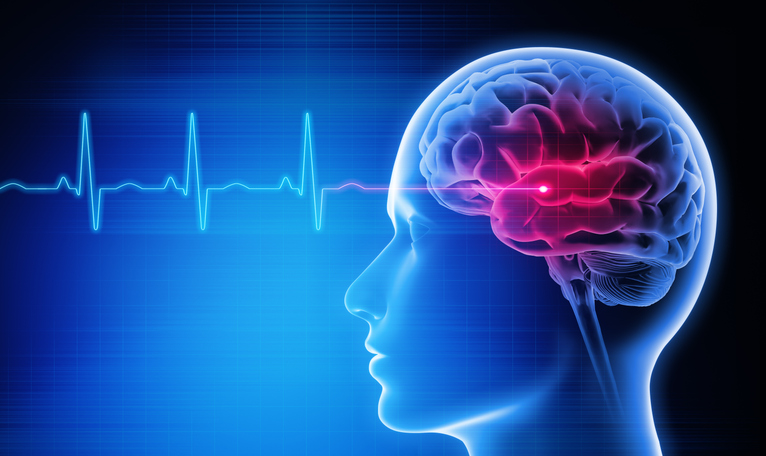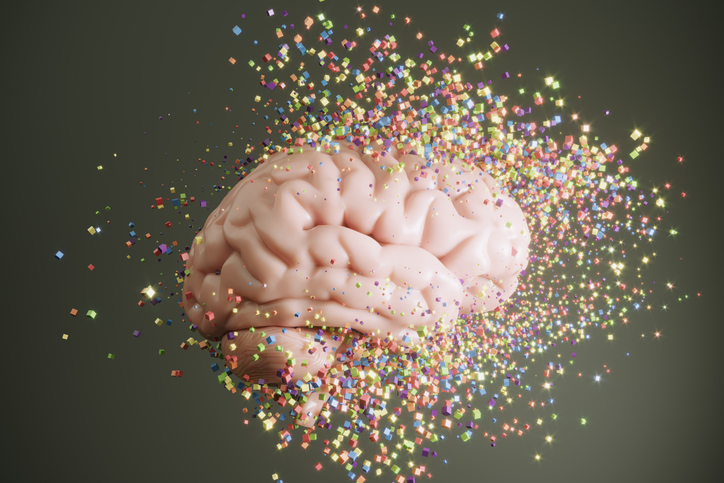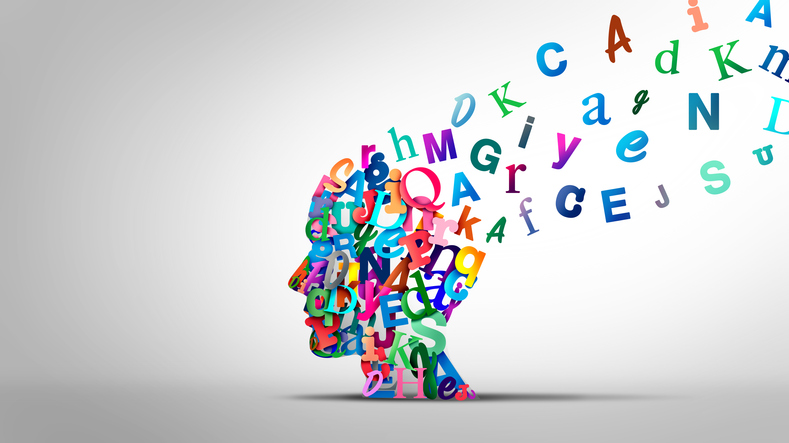Dr. David. G. Amaral on the Role Autism BrainNet Plays in Advancing Autism Research
By Rob Dillard - Last Updated: October 10, 2024A recent study published in the The American Journal of Human Genetics titled, “Cell-type-specific effects of autism-associated duplications in chromosomal region 15q11-q13 in the human brain” has important implications for people with autism.
Lead author Dr. Caroline Dias from the University of Colorado Anschutz Medical Campus and corresponding author Dr. Christopher Walsh from Boston Children’s Hospital write that post-mortem brain tissue samples reveal that in a genetic neurodevelopmental syndrome, Dup15q, associated with a high risk of autism caused by extra copies of chromosome 15, surprisingly, those very brain cell manages the extra copy of the chromosome differently than cells from people with autism without the Dup15q syndrome.
What’s particularly notable about this leap forward in analyzing gene expression in autism is that the research would not be possible without the gift of brain donation from donors contributing to Autism BrainNet.
• Autism BrainNet, a program of the Simons Foundation, promotes innovative, high-quality research on donated postmortem brain tissue.
• Autism BrainNet accept donations from people with a diagnosis of autism, even when other diagnoses are present, from people with a genetic diagnosis associated with autism, whether or not they have a diagnosis of autism, and from neurotypical people.
• Autism BrainNet collects and distributes research results from the brain tissue to all approved investigators, to support additional research studies.
David G. Amaral, PhD, Scientific Director of Autism BrainNet and UC Davis Distinguished Professor at the UC Davis MIND Institute and Department of Psychiatry and Behavioral Sciences, spoke with DocWire News about Autism BrainNet, and how it strives to advance autism research.







 © 2025 Mashup Media, LLC, a Formedics Property. All Rights Reserved.
© 2025 Mashup Media, LLC, a Formedics Property. All Rights Reserved.